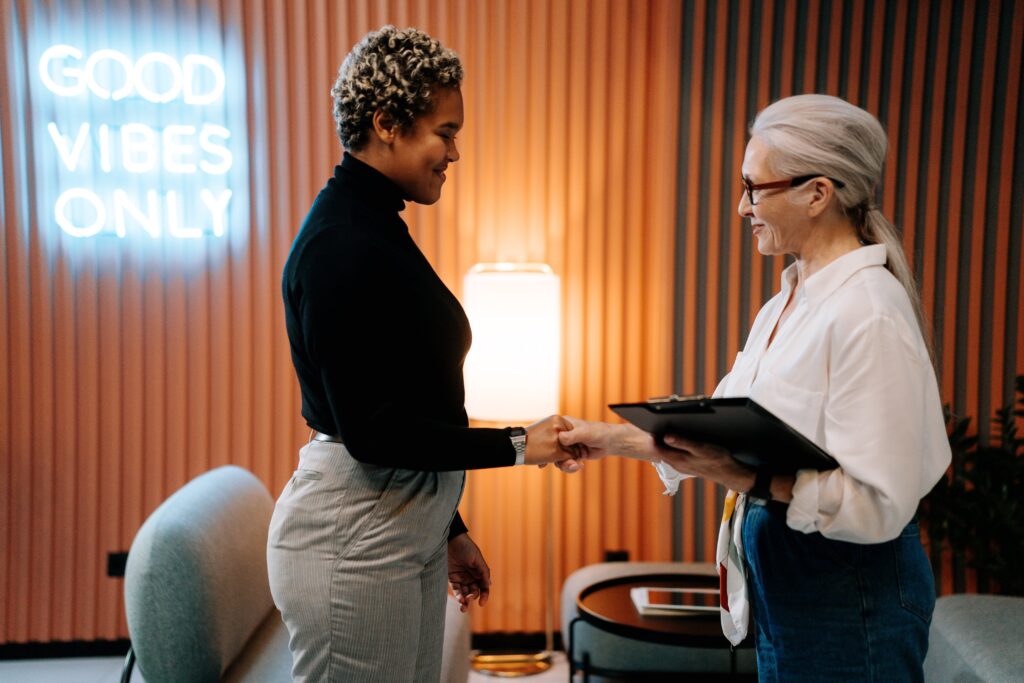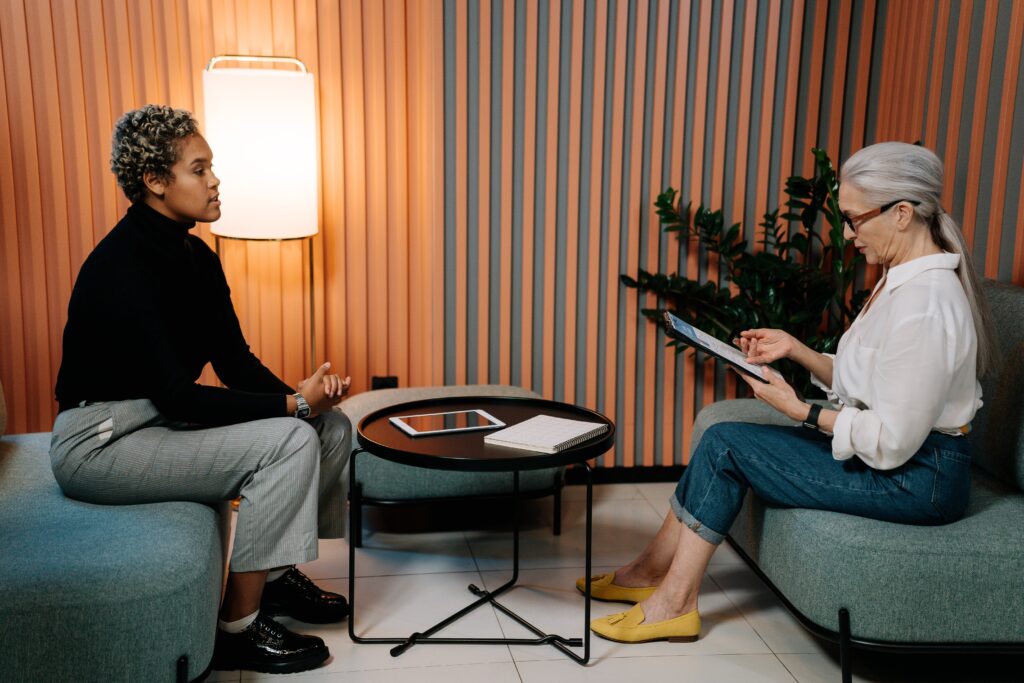Navigating the post-interview process can be as crucial as the interview itself. The way you respond to an interview invitation speaks volumes about your professionalism and eagerness for the role. A well-structured email format for job interviews sets a positive tone for your interactions with a potential employer.
Importance of a Well-Formatted Reply
Your reply is your first opportunity to showcase your communication skills and attention to detail. It reflects your professionalism and can significantly influence the interviewer’s perception of you. Thus, understanding the proper email format for an interview reply is vital.
Key Components of Your Reply
A successful interview reply email includes several key components: a courteous greeting, a note of thanks, confirmation of the interview details, any questions you may have, and a professional closing.

Step-by-Step Guide to Writing Your Email
Greeting and Acknowledgement
Start with a polite greeting, addressing the interviewer by their last name (e.g., “Dear Mr. Smith”). Acknowledge the interview opportunity and express your gratitude for being considered.
Expressing Enthusiasm
Convey your enthusiasm about the position and the company. A sentence highlighting your excitement can make a strong impression.
Confirming Interview Details
Reiterate the interview details (date, time, location, or virtual meeting link) to confirm your understanding and show your organizational skills.
Asking Any Clarifying Questions
If you have any questions about the interview (e.g., the format, who you’ll be meeting with), this is a good time to ask. It shows you’re proactive and engaged in the process.
Closing and Signature
End your email with a polite closing, such as “Sincerely” or “Best regards,” followed by your full name. Include your contact information below your signature for easy reference.

Additional Tips for Success
Professional Tone and Language
Maintain a professional tone throughout your email. Use clear, concise language and avoid slang or overly casual phrases.
Timeliness in Responding
Respond to interview invitations promptly. A quick reply demonstrates your interest in the position and respect for the interviewer’s time.
Review and Edit Before Sending
Before sending your email, review it for any spelling or grammatical errors. A clean, error-free email reflects well on your professionalism and attention to detail.
Common Mistakes to Avoid
Avoid common pitfalls such as being too casual, neglecting to confirm the interview details, or forgetting to ask pertinent questions.
Conclusion
Crafting a thoughtful, well-formatted interview reply email is a critical step in the interview process. It showcases your professionalism, communication skills, and enthusiasm for the role. By following the guidelines outlined above, you can make a positive impression on your potential employer and move one step closer to securing your desired position.
FAQs
- How quickly should I respond to an interview invitation?
- Aim to reply within 24 hours to demonstrate your interest and professionalism.
- Is it appropriate to ask questions in my interview reply email?
- Yes, asking relevant questions shows you’re proactive and genuinely interested in the position.
- Should I confirm the interview details even if they’re already provided?
- Yes, confirming the details helps avoid any misunderstandings and shows you’re organized.
- Can I use a template for my interview reply email?
- Templates can be a good starting point, but personalize your email to reflect your genuine interest in the position and the company.
- What should I do if I need to reschedule the interview?
- Politely explain your situation and ask for alternative dates or times, showing flexibility and respect for the interviewer’s schedule.

Pingback: Four Types Of Résumés: A Revolutionary Guide To Transform Your Job Search